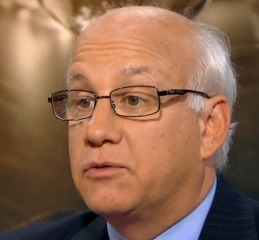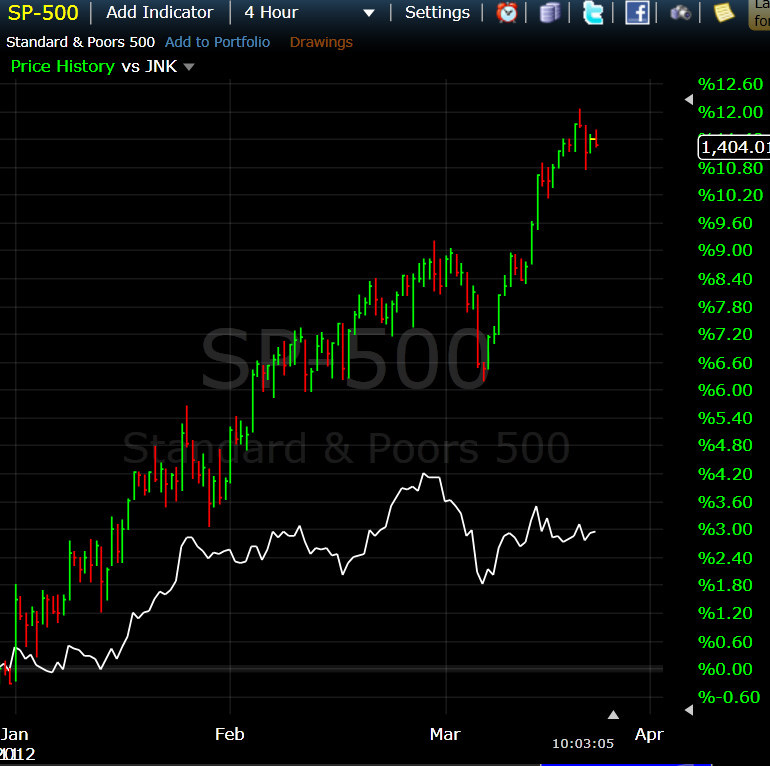Bill Gross’s dramatic exit from the investment firm Pacific Investment Management Co. (Pimco) for Janus Capital Group (JNS) has led some to conclude the era of the superstar fund manager is finished.
At its peak, the Pimco Total Return Fund that Gross managed held $293 billion in assets back in early 2013. Now he’s gone. His departure offers up useful lessons about the cult of star mutual-fund manager.

So what should you do when you’re concerned your fund manager has lost his or her touch? Maybe you’ve noticed your fund has been consistently underperforming its benchmark. But breaking up can be hard to do, especially if there are tax consequences for selling.
When is it time to sack your manager? Here are three potential signs:
1) Long-term performance is inconsistent and slipping
You shouldn’t freak out if your manager is lagging an appropriate index for shorter time periods, such as monthly or quarterly. In fact, it can be counterproductive to obsessively check your portfolio.
Yet, remember, performance is the ultimate benchmark here. (See what our director of client relations thinks about how to use past performance.)
If your manager is consistently underperforming the market during the good years and getting crushed during the bad ones, there could be a problem. Ignoring it could be costly to your personal wealth.
It could be time to make a move.
2) Overconfidence
Good managers exude confidence. They’ve developed a time-tested investment approach that has delivered consistent returns. Smart managers also react quickly to mistakes before they mushroom into full-blown disasters.
Most active managers stick to established asset allocation guidelines and report to investment committees. Beware of fund managers, though, who think they are the LeBron James of investing.
These managers can end up having a lot of autonomy, with few checks and balances. They may also resist admitting a mistake, taking the loss, and moving on.
Confidence can sometimes turn into arrogance. And that could lead to trouble.
3) Fees are too high
Fees are understandably a controversial subject, and even more so with the rise of low-cost index funds and ETFs.
Active managers who deliver the goods can be worth their fees. Just remember that higher fees act as a drag on returns, and raise the bar for the manager to outperform.
And if you use a financial adviser or broker, be careful of being put into funds that charge commissions and sales fees.
The decision to fire your mutual fund manager is an important one and shouldn’t be taken lightly. However, there are times when it just makes sense to show them the door.
Continue learning: What the investing gurus won’t tell you about past performance.
—



